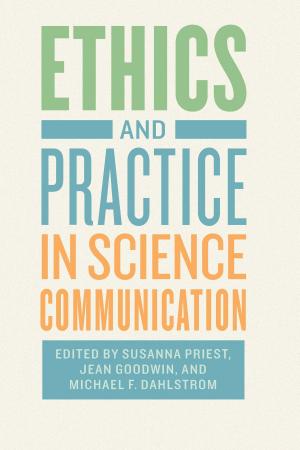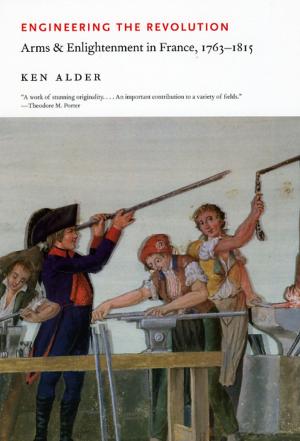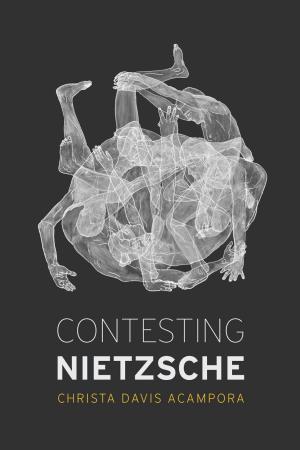Empowering Science and Mathematics Education in Urban Schools
Nonfiction, Reference & Language, Education & Teaching, Educational Theory, Curricula, Elementary| Author: | Edna Tan, Angela Calabrese Barton, Erin Turner, Maura Varley Gutiérrez | ISBN: | 9780226037998 |
| Publisher: | University of Chicago Press | Publication: | August 15, 2012 |
| Imprint: | University of Chicago Press | Language: | English |
| Author: | Edna Tan, Angela Calabrese Barton, Erin Turner, Maura Varley Gutiérrez |
| ISBN: | 9780226037998 |
| Publisher: | University of Chicago Press |
| Publication: | August 15, 2012 |
| Imprint: | University of Chicago Press |
| Language: | English |
Math and science hold powerful places in contemporary society, setting the foundations for entry into some of the most robust and highest-paying industries. However, effective math and science education is not equally available to all students, with some of the poorest students—those who would benefit most—going egregiously underserved. This ongoing problem with education highlights one of the core causes of the widening class gap.
While this educational inequality can be attributed to a number of economic and political causes, in Empowering Science and Mathematics Education in Urban Communities, Angela Calabrese Barton and Edna Tan demonstrate that it is augmented by a consistent failure to integrate student history, culture, and social needs into the core curriculum. They argue that teachers and schools should create hybrid third spaces—neither classroom nor home—in which underserved students can merge their personal worlds with those of math and science. A host of examples buttress this argument: schools where these spaces have been instituted now provide students not only an immediate motivation to engage the subjects most critical to their future livelihoods but also the broader math and science literacy necessary for robust societal engagement. A unique look at a frustratingly understudied subject, Empowering Science and Mathematics Education pushes beyond the idea of teaching for social justice and into larger questions of how and why students participate in math and science.
Math and science hold powerful places in contemporary society, setting the foundations for entry into some of the most robust and highest-paying industries. However, effective math and science education is not equally available to all students, with some of the poorest students—those who would benefit most—going egregiously underserved. This ongoing problem with education highlights one of the core causes of the widening class gap.
While this educational inequality can be attributed to a number of economic and political causes, in Empowering Science and Mathematics Education in Urban Communities, Angela Calabrese Barton and Edna Tan demonstrate that it is augmented by a consistent failure to integrate student history, culture, and social needs into the core curriculum. They argue that teachers and schools should create hybrid third spaces—neither classroom nor home—in which underserved students can merge their personal worlds with those of math and science. A host of examples buttress this argument: schools where these spaces have been instituted now provide students not only an immediate motivation to engage the subjects most critical to their future livelihoods but also the broader math and science literacy necessary for robust societal engagement. A unique look at a frustratingly understudied subject, Empowering Science and Mathematics Education pushes beyond the idea of teaching for social justice and into larger questions of how and why students participate in math and science.















